
OR
Editorial
Welcome to Federal Nepal, Koshi!
Published On: March 2, 2023 08:00 AM NPT By: Republica | @RepublicaNepal
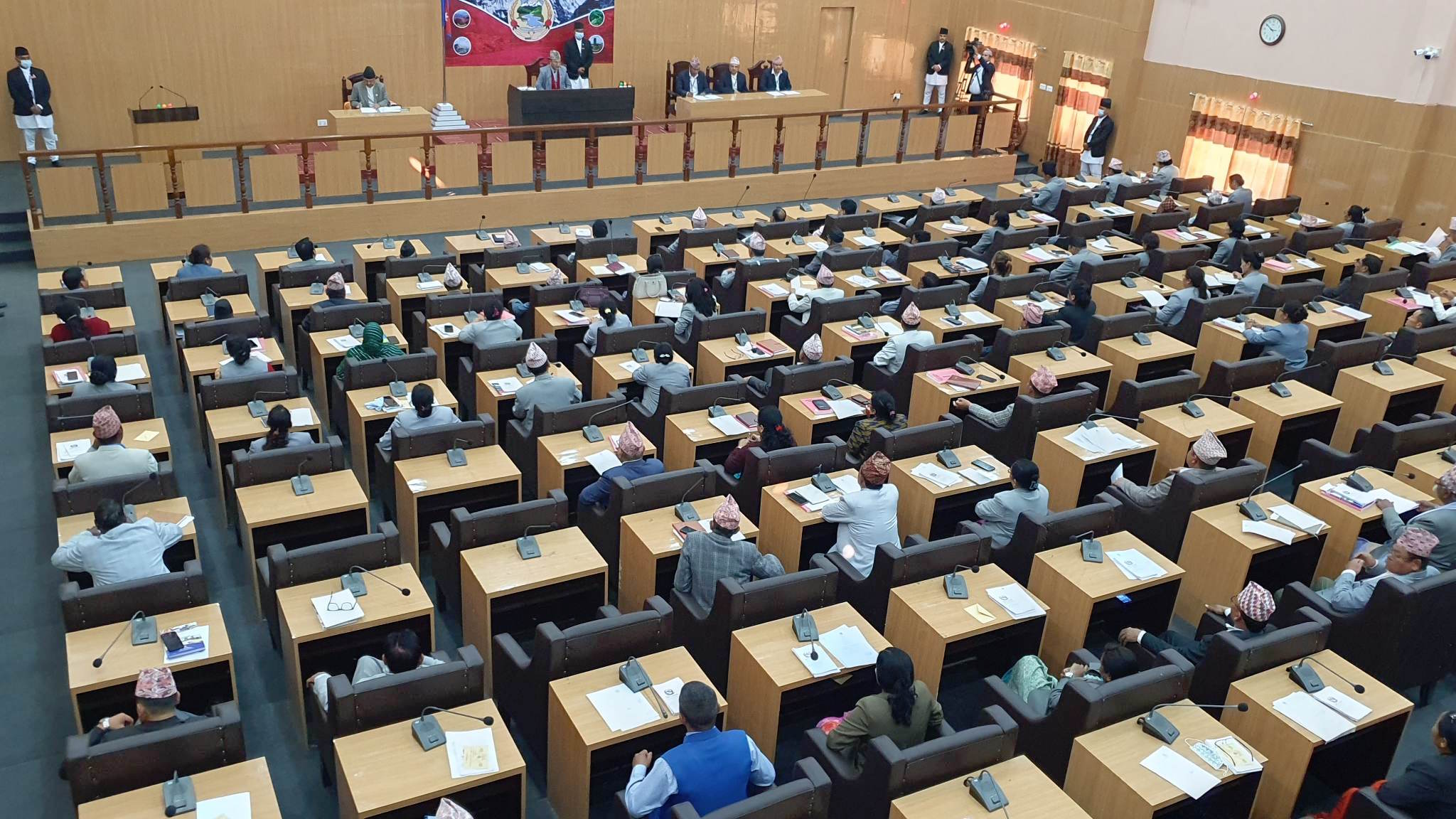
According to the Nepali tradition, a newborn is ‘baptized’ on the ninth day of its birth. But Province 1 could not find a name for itself for a long, long time. But on March 1, a week ahead of the presidential election, and after much difficulty and years of wait, Province 1 was finally able to shed its embarrassing numerical identity and adopt the name ‘Koshi’, after the largest river in the country. The proposal to name the province as ‘Kirant-Limbuwan-Sagarmatha’ was rejected after discussions in the provincial assembly. This decision is particularly significant as it avoided a name based on ethnic identity, which could have divided the province along ethnic lines.
The process of naming provinces in Nepal has been a contentious issue since the country formally and officially adopted federalism in 2015. As neither of the two constituent assemblies elected earlier could agree on the names of the provinces, all seven provinces were given numerical identity from 1 to 7. While federalism was introduced to address the grievances of the marginalized communities and decentralize power, there has been a lack of proper debate on the advantages and disadvantages of this system for a country like Nepal. This has resulted in doubts being raised about the need for federalism and strengthened opposition to the system. However, the fact that all provinces have avoided the divisive idea of ethnic identity while naming themselves is a positive development. Naming the provinces after natural landmarks and geographic regions is an inclusive approach that promotes national unity and avoids any potential for ethnic-based divisions.
On February 25, 2018, Province 6, the largest of the seven provinces, was the first to name itself. At a time when other provinces had not even started a debate over possible names and capital cities, Province 6 forged a consensus to name itself ‘Karnali’ after the country’s longest river, 12 years after the country set its journey toward federalism. The province also chose Birendranagar as its permanent capital. Province 4 followed suit in early July 2018, but not as easily as Karnali Province. After an intense debate, Province 4 settled on Gandaki with Pokhara as its permanent capital city. Similarly, Province 7 was named by the first Provincial Assembly as Sudurpashchim Province, named after a geographic region, on September 28, 2018. In fact, the province is coterminous with the former Far-Western Development Region of Nepal.
On January 13, 2020, Province 3 named itself Bagmati, agreeing on Hetauda as its permanent capital. It was a unanimous decision taken after almost two years of the election of the provincial assembly and formation of the first provincial government. On October 7, 2020, Province 5 named itself as Lumbini after the birthplace of Lord Buddha. However, fixing the province’s capital was a hard nut to crack. And only after a lot of debates and discussions, Dang Deukhuri was fixed as the permanent capital of the province. The smallest in area but the most populous province in Nepal, Province 2 named itself as Madhesh, fixing Janakpur as its capital on January 17, 2022, nearly four years after the formation of the provincial government and almost 16 years after the country started its journey toward federalism. The province was named after geography with the country’s southern plains being referred to as Terai/Madhseh for a long time.
Needless to say, the naming of provinces has been a difficult process, and even after selecting a name, determining the capital city has often been a contentious issue. For instance, Province 4 (later named Gandaki Province) faced street protests after selecting Pokhara as its permanent capital city, with some wanting it named Tamuwan instead. However, the protests were not strong enough to change the decision. In this context, the decision of Province 1 to name itself Koshi, after the river, is significant. The name Koshi reflects the province's unique natural and cultural identity, and it represents an inclusive approach to naming the province. The proposal to name the province as Kirant-Limbuwan-Sagarmatha was rejected, which was a wise decision as it could have divided the province along ethnic lines.
The fact that all provinces have avoided naming themselves after ethnic identities is a victory against the national and international forces that wanted to create divisions in Nepal along ethnic lines in the name of federalism. While federalism has been a controversial issue in Nepal, as the country has already moved past the ‘did Nepal need federalism?’ question, for the time being, we should take the process of naming provinces as a positive development. So, let’s welcome Province 1, named Koshi, and move forward as a united nation.
You May Like This

Woman who claimed to be Province 1 CM’s wife arrested “for trying to forcibly enter meeting venue of ruling NCP”
KATHMANDU, Sept 20: Balika Khadka Rai, a cadre of the then CPN-UML, was arrested “for trying to forcibly enter the... Read More...

Outreach Nepal lifts Nepal Ice AAN Futsal
KATHMANDU, May 13: Outreach Nepal has lifted the first ever Nepal Ice AAN Futsal Tournament 2018 defeating Media Basket by a... Read More...

SCOPE Nepal provides foil blankets to Nepal Army
KATHMANDU, Jan: SCOPE Nepal, an NGO working in peace, security, environment and social justice, handed over 378 emergency foil blankets to... Read More...
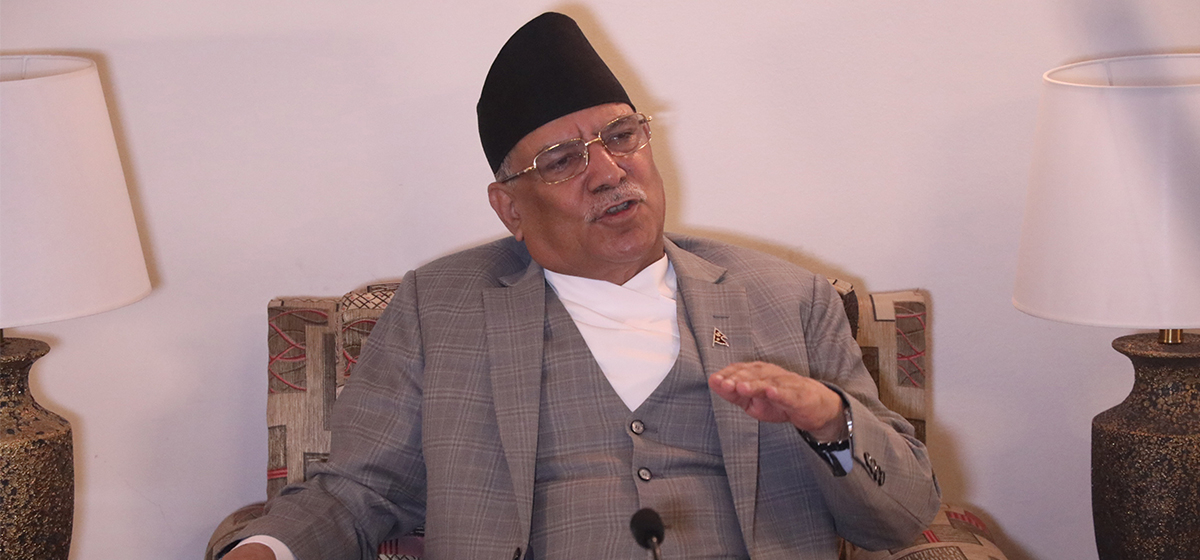
Just In
- Dr Ram Kantha Makaju Shrestha: A visionary leader transforming healthcare in Nepal
- Let us present practical projects, not 'wish list': PM Dahal
- President Paudel requests Emir of Qatar to initiate release of Bipin Joshi
- Emir of Qatar and President Paudel hold discussions at Sheetal Niwas
- Devi Khadka: The champion of sexual violence victims
- Nagarik Nayak Felicitation (Live)
- Qatar Emir in Kathmandu, President and Prime Minister welcome Emir at TIA (In Photos)
- NRM Director Gyawali inaugurates Nagarik Nayak 2081








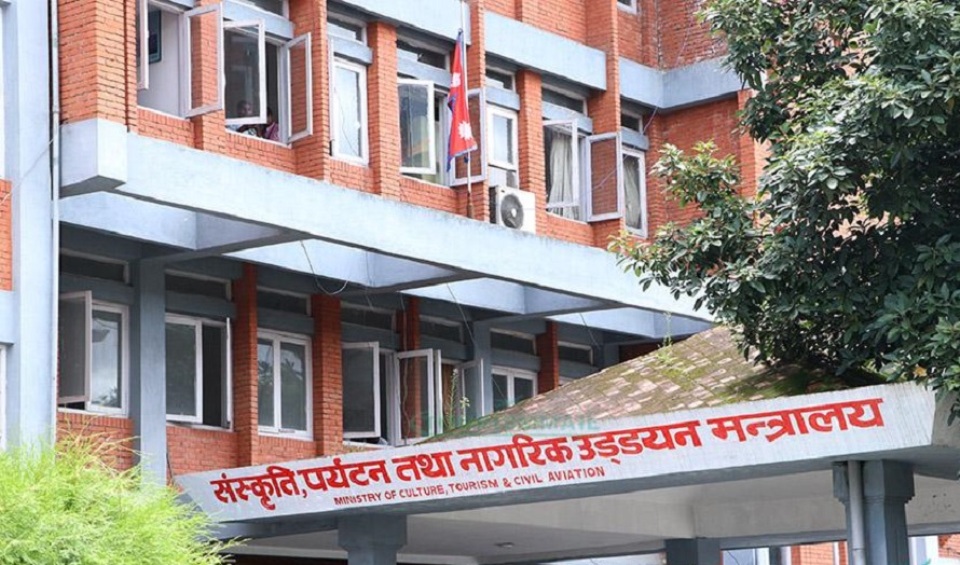

_20240423174443.jpg)
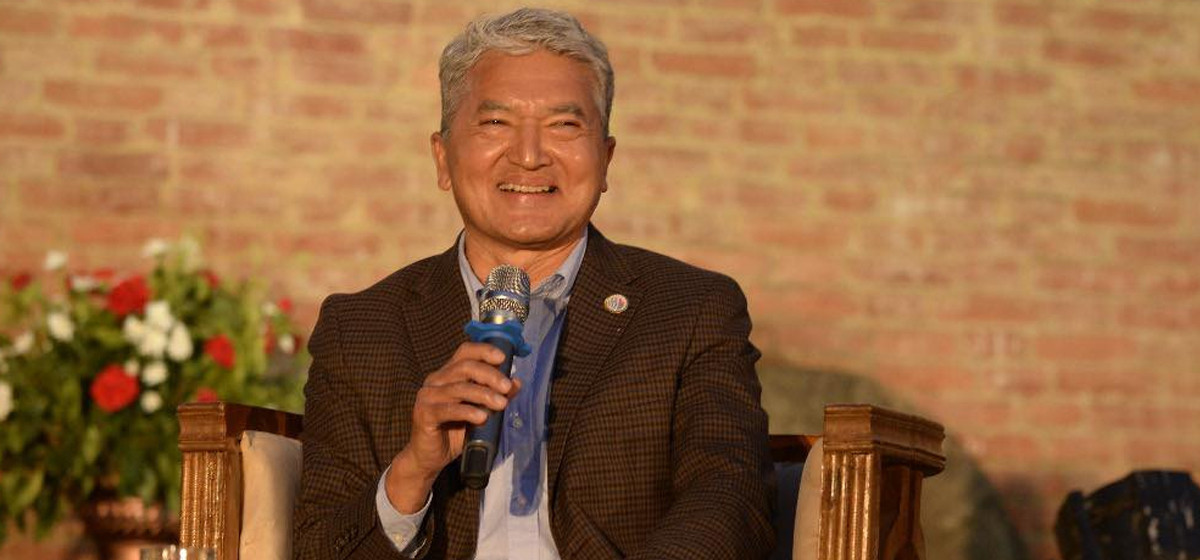

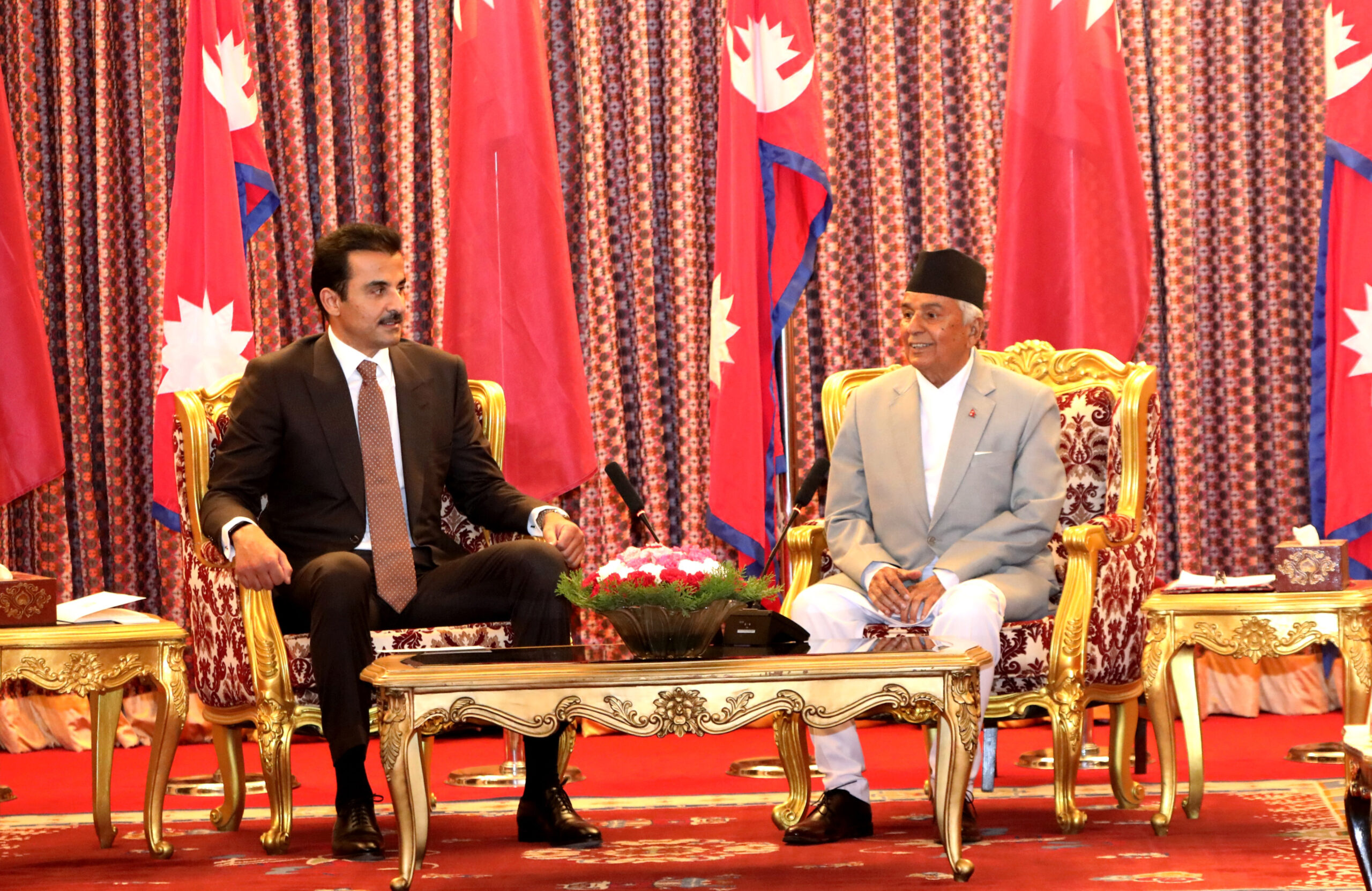
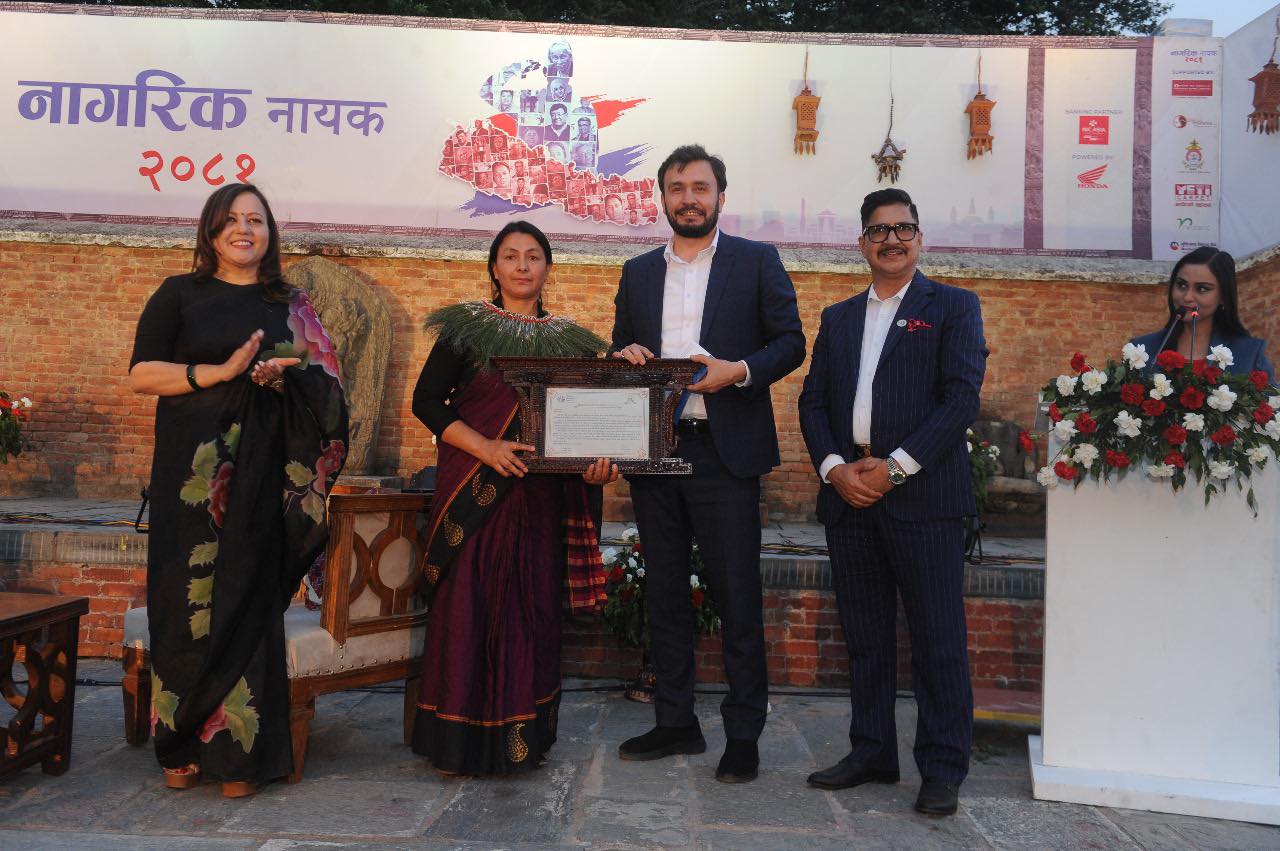
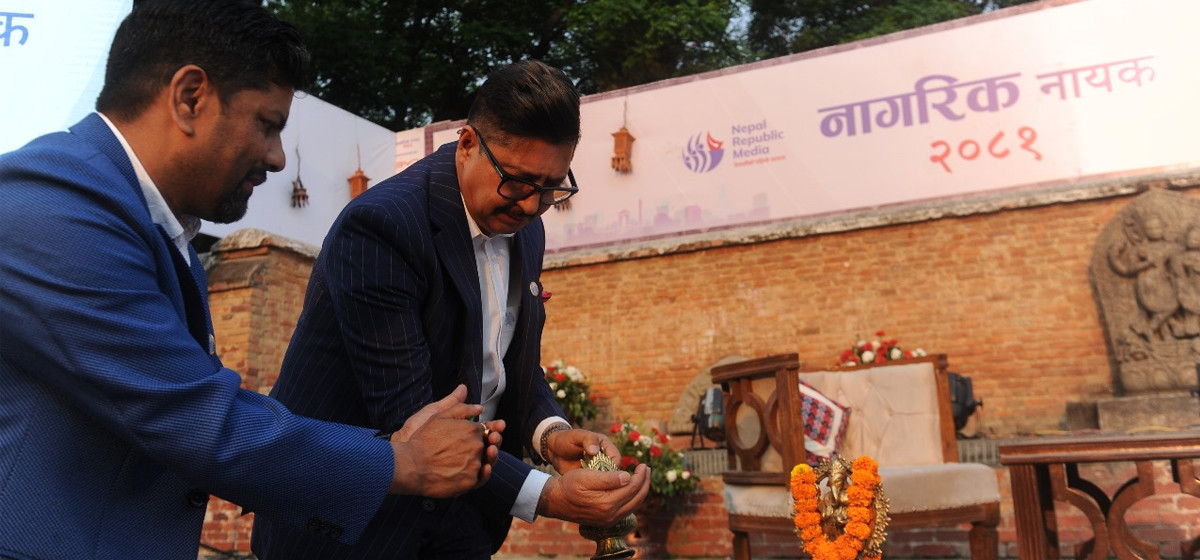
Leave A Comment